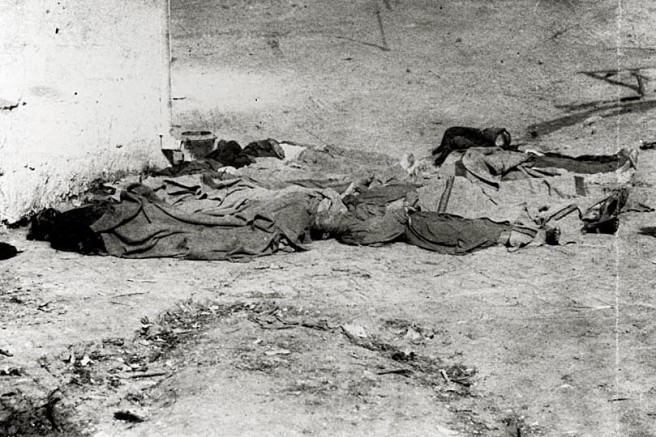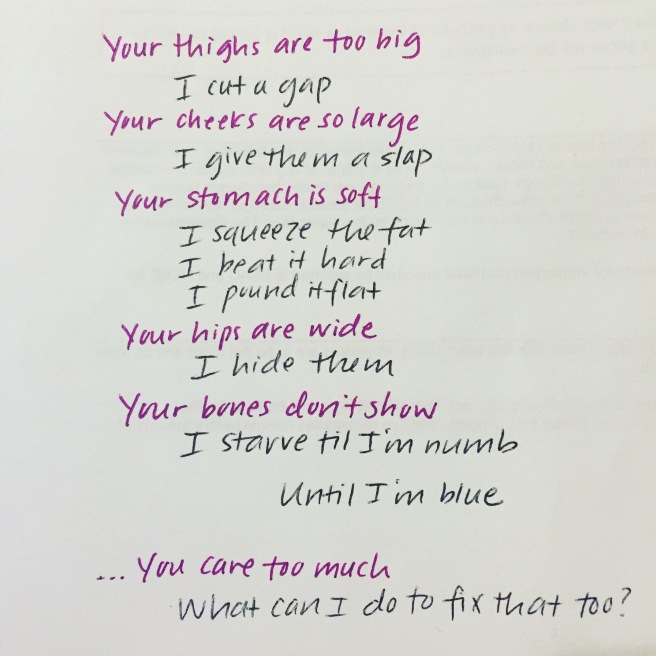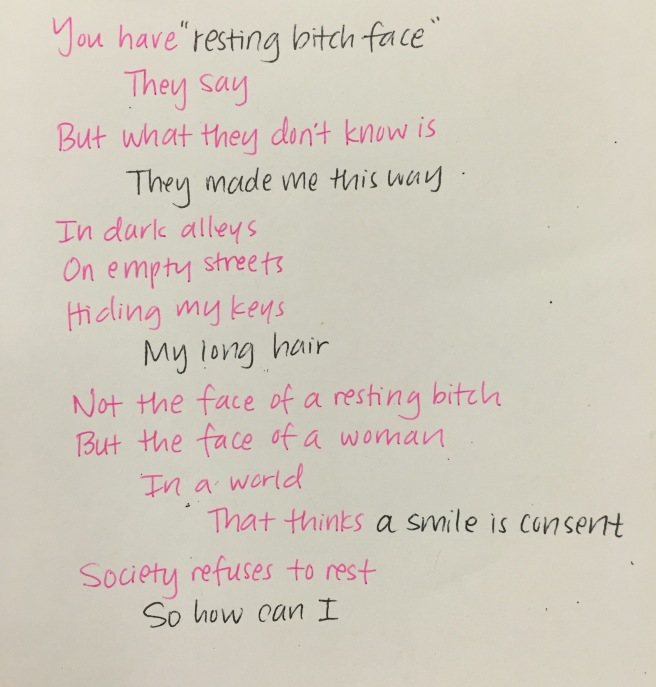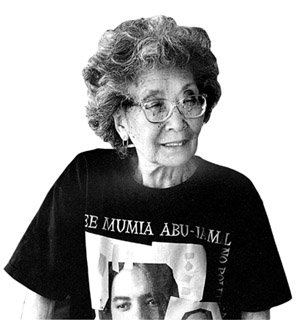Today in forgotten history, let’s talk about the Tulsa Race Riot, which I certainly never learned about in school. Did you? Thanks to Dana Florkowski for the topic suggestion!
In 1921, the city of Tulsa, Oklahoma, was home to Greenwood District, or “Black Wall Street,” one of the most affluent African American communities in the United States at the time. Black Wall Street was composed of a business district and residential area. Almost all of the community was destroyed by June 1921 (1).
White citizens of Tulsa rioted through the Greenwood area on May 31 and June 1, looting businesses, burning buildings, and killing people. The riots started because of rumors that a young black man, Dick Rowland, had assaulted a white woman, Sarah Page, in an elevator. The details of the encounter between the two are unclear, but some sources report that Rowland did nothing more than grab Page’s arm to steady himself when he tripped while exiting the elevator. But because Page screamed, and Rowland fled, the first person to investigate assumed that Rowland had harmed Page. As the story got passed around town, it got more and more exaggerated, and the white rioters reacted by burning down Black Wall Street (2). Hundreds of people, mostly black, were killed, with hundreds more treated by injuries. The Governor of Tulsa even declared martial law, and National Guard troops arrived in Tulsa to assist in controlling fires and imprisoning black Tulsans instead of white rioters. No whites were arrested even though they openly talked about what they had done (3).

The city of Tulsa publicly promised that it would pay restitution to the black community and rehabilitate the streets, businesses, and homes that had been destroyed. But that never happened. Millions of dollars in insurance claims were denied, and blacks steadily moved away from the area to start over somewhere else. In later years, survivors and descendants of those who died tried to sue the state for damages from the riot, but the statute of limitations had expired on the civil rights lawsuits. Most people, even those in Tulsa, have no idea the event ever even happened (2).
This is only one of many, many race riots that have occurred in the United States that history books and teachers often do not even mention. Maybe it’s because they don’t align with a “USA!” mindset. Maybe it’s because we don’t want to confront our bloody history. Maybe it’s because the lives lost during these riots, and the motivations behind them, are not considered important. The Tulsa race riot seems to obviously illustrate this point to me, among others – the hundreds of black lives lost that day were not considered important, at least not important enough for Tulsa to put money and real efforts behind its empty promises to rebuild the black community.
But even more marked is the lack of reparations or justice for those people even today. It took 80 years for the city of Tulsa to issue an official apology. And as of 2014, the Tulsa Historical Society, the Greenwood Cultural Center and the University of Tulsa pushed to increase visibility of the riot, but the riot archive was put on an app that users had to pay for, which limits the audience. Federal representative Conyers of Michigan also introduces a bill each year to try and remove the statute of limitations on the lawsuits related to the riot, but it has not progressed very far yet and is unlikely to unless the composition of Congress changes. It is likely that all of the survivors of the riots will die without receiving restitution (2). In this country, where we put our money shows what we care about. And in this situation, and too many more, that is not with black lives.
Knowing about the Tulsa Race Riot, the Red Summer of 1919, and other similar events in United States history is the first step to moving our country toward one that is more empathetic and truly wants to give not only lip service, but actual money, time, and resources to apologize for our wrong-doings and prevent future ones. Thanks for reading.
(1) Tulsa Historical Society & Museum, 1921 Tulsa Race Riot, http://tulsahistory.org/learn/online-exhibits/the-tulsa-race-riot/
(2) Dexter Mullins, Survivors of infamous 1921 Tulsa Race Riot Still Hope for Justice, Aljazeera America (July 19, 2014), http://america.aljazeera.com/articles/2014/7/19/survivors-of-infamous1921tulsaraceriotstillhopeforjustice.html
(3) PBS, Jim Crow Stories: Tulsa Riot, http://www.pbs.org/wnet/jimcrow/stories_events_tulsa.html











